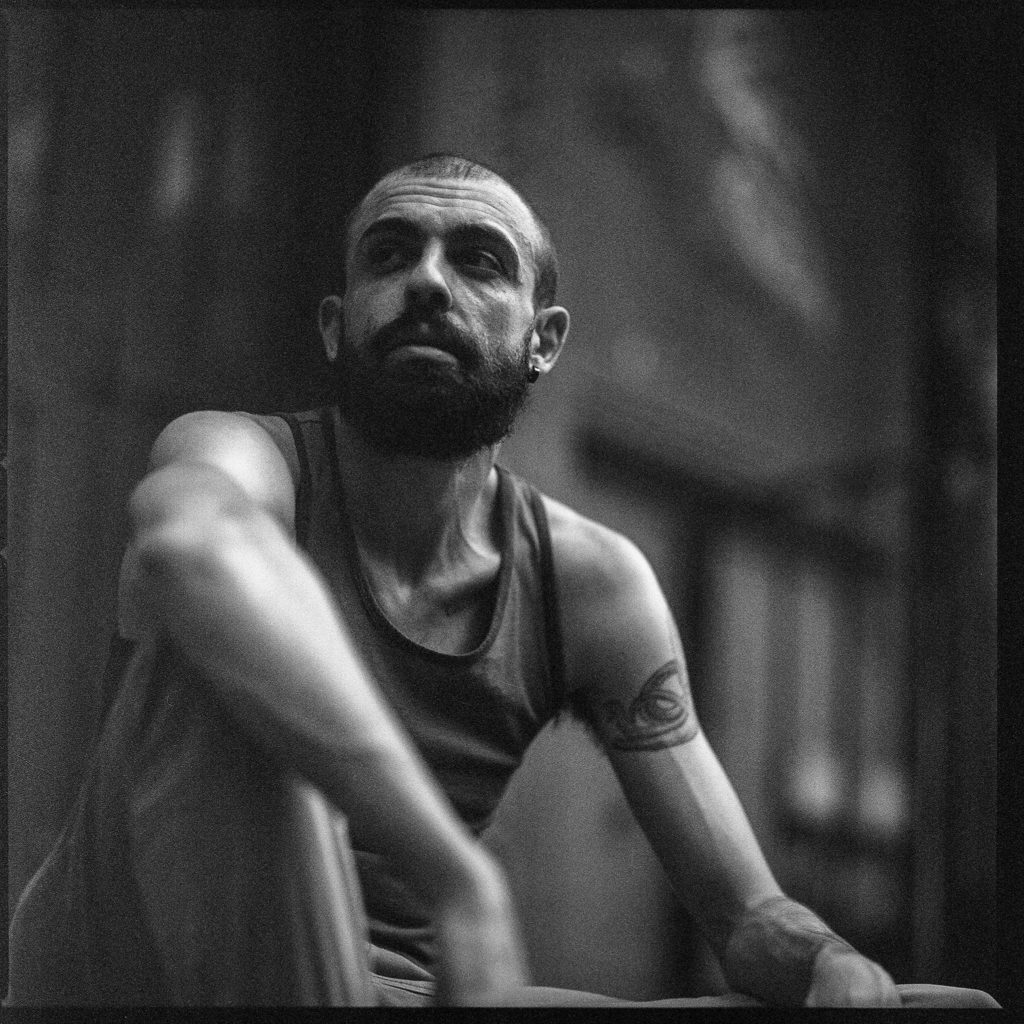
- Authors
Alex Wells Shapiro
Alex Wells Shapiro (he/him) is a poet and artist from the Hudson Valley, living in Chicago. He reads submissions for Frontier Poetry and Another Chicago Magazine, where he also serves as business and grants manager. He is a co-founder of Exhibit B: A Reading Series presented by The Guild Literary Complex. His work has appeared in Fourteen Hills, Word For/Word, The Under Review, Filling Station, and Sharkpack, among other respected literary journals
Praise for Insect Architecture
Shapiro’s adept works here feel inextricable from the looming threat of climate change and the recent cultural shift toward work and progress. Many seem to question human-made patterns, such as establishing waste management schedules and salting streets in the winter and how people tether themselves to things that make them miserable. The sparse punctuation and clipped lines give many of the longer works an urgent delivery, as if the poet’s speakers are issuing warnings... An astute and unflinching commentary on societal and ecological dysfunctions.
Formally attuned and linguistically inventive, Alex Wells Shapiro’s Insect Architecture is the coronation of a vision all its own. The glint of rock salt melting snow on a winter day, the glue-trap texture of a CTA floor—truly, nothing gets past him. But more than vivid imagery or a commitment to language as a tactile thing, I was most enthralled by the poems’ sense of movement. Their subjects (and in many cases, their titles) are stumbled upon as an activity, rather than a declaration. Like a Christmas tree riddled with ornaments, or an industrial fishing net, there is so much bountiful history to gaze upon that you almost forget why you’re there in the first place.
In Insect Architecture, Shapiro offers an inclusive, expansive lens of the individual juxtaposed with the city; of modern life as a fleeting silhouette. With an avant-garde aesthetic, Shapiro paints poems, like a collage, with range and yet the precision of a photographic memory. Mina Loy would be proud. Go read this book on the subway. Or on a graffitied park bench.
Alex Shapiro doesn’t write of a fallen world. He writes of our consciousness, our environment, our vitality floating, achingly, mid-air. His words seek to chingar, pulse, photosynthesize, disrupt us. In Insect Architecture, we read of bodies reacting to their interior and exterior confines, we handle with care, we transform into the connectors that bind us–through the lens of a poet who grips us tight before letting us go.

